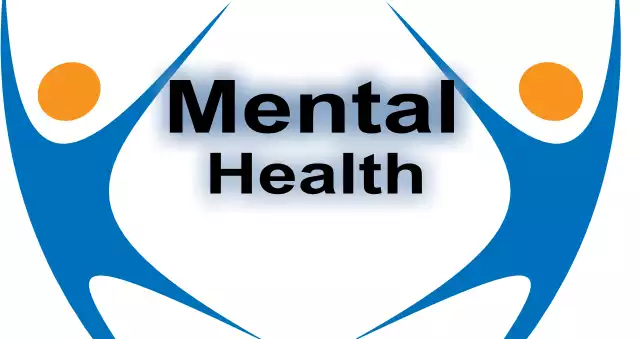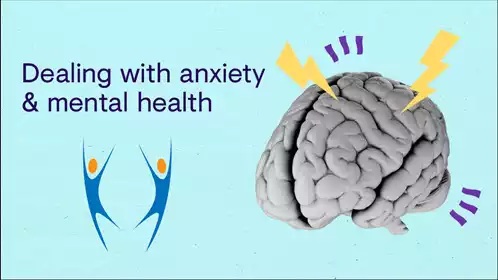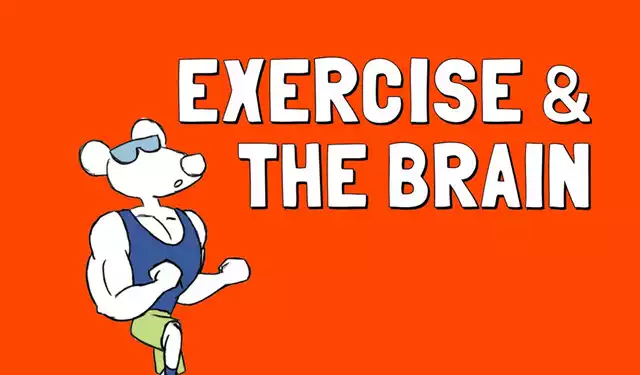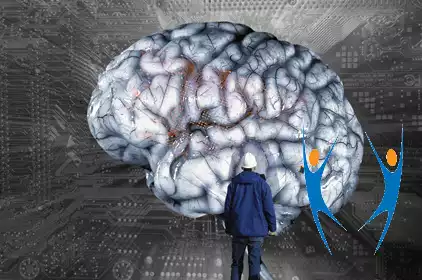Improve your critical thinking logic and problem-solving
The ability to think critically, logically and solve problems effectively is increasingly important in the modern world.
Developing these skills is essential for success in school and university, business, and personal relationships.
It can help you to become a better decision-maker and make more informed choices in all aspects of life. In this blog post, I will discuss how to improve your critical thinking, logic and problem-solving skills.
We’ll look at some practical tips and strategies to help you become more proficient in these areas. We will also discuss common obstacles to developing these abilities.
I will also share useful resources and tools to support your progress.
With the right approach and dedication, you can learn to think critically, logically and solve problems more efficiently. Ready to get started? Let’s dive in!
Table of Contents
Challenge assumptions to Improve your critical thinking logic and problem-solving
One of the best ways to improve your critical thinking logic and problem-solving is to challenge assumptions.
By questioning the assumptions underlying a problem, you can gain more insight into the solution.
To challenge assumptions, consider the wider context and implications of the problem. Also, think beyond conventional boundaries.
This can help you to come up with creative solutions that you may not have thought of before. Additionally, challenging assumptions can help you identify any potential flaws in your logic and reasoning.
Let’s explore another effective strategy to enhance your critical thinking and problem-solving skills: engage in active listening.
Active listening involves fully concentrating on and understanding the information being conveyed to you.
It requires giving your undivided attention to the speaker, avoiding distractions, and refraining from interrupting or formulating responses prematurely.
By actively listening, you can grasp the nuances of the problem at hand and gain valuable insights.
This approach allows you to identify key details, uncover hidden meanings, and detect any underlying assumptions that may impact the situation.
Moreover, active listening facilitates effective communication and collaboration with others, as it promotes mutual understanding and respect.
It enables you to ask relevant questions, seek clarification, and ensure that you have a comprehensive understanding of the problem before attempting to solve it.
Remember, active listening is not only about hearing the words being spoken but also understanding the speaker’s perspective, emotions, and intentions.
By honing this skill, you can uncover deeper layers of information, leading to more accurate problem analysis and innovative solutions.
Develop an understanding of the problem
To improve critical thinking, logic, and problem-solving skills, it is crucial to understand the problem.
Is critical thinking about analyzing situations from multiple perspectives, identifying underlying assumptions, and evaluating evidence logically and objectively.
It involves questioning assumptions, challenging biases, and considering alternative viewpoints to arrive at well-informed conclusions.
By developing a deeper understanding of the problem at hand, you can identify any potential obstacles, anticipate consequences, and devise effective strategies to overcome challenges.
This process also allows you to recognize patterns, connections, and potential underlying causes that may not be immediately apparent, leading to more comprehensive and effective solutions.
Remember, critical thinking is an ongoing process that requires continuous reflection, evaluation, and refinement of your thoughts and approaches.
You must take the time to really understand the problem before you can even begin to think about potential solutions.
Break the problem into basic parts, analyze the data, and consider the problem’s context.As you gain a better understanding of the problem, you can move on to the next step: brainstorming potential solutions.
Gather relevant data
Gathering relevant data is a key step in improving your critical thinking, logic and problem-solving skills. By taking the time to identify and analyze the facts, you can make better decisions and form sounder conclusions.
Researching a topic is important to gain a better understanding of it from different perspectives.
As such, it’s important to take the time to identify appropriate sources of information and obtain reliable data. This data can then be used to form educated opinions and draw meaningful conclusions.
Are critical thinking skills important in problem-solving?
Absolutely.
Developing strong critical thinking skills can greatly enhance your ability to effectively analyze problems, evaluate information, and make informed decisions.
By honing these skills, you can approach problem-solving with a more systematic and logical mindset, enabling you to identify key issues, consider alternative perspectives, and generate creative solutions.
Critical thinking skills also help you avoid cognitive biases and fallacies, allowing for more accurate and objective problem analysis.
In summary, fostering strong critical thinking skills is crucial for effective problem-solving and decision-making.
Generate possible solutions
Generating possible solutions is a key part of problem-solving. It involves brainstorming ideas, breaking down the problem into smaller parts, and exploring different angles.
To generate possible solutions, start by understanding the problem, then brainstorm ideas and evaluate them.
Consider both creative and logical approaches to problem-solving. Ask yourself questions like “What are the best ways to solve this problem?”
And
“What results do I want to achieve?” and think of potential solutions.
Finally, analyze potential solutions to determine which is the most effective and feasible.
Evaluate the solutions and select the best one
Evaluate and select the best solution you’ve found in order to enhance your critical thinking, logic, and problem-solving skills.
This is the part where you measure the pros and cons of each solution.
What are the benefits of each solution?
What are the drawbacks?
What will be the long-term effects?
Once you’ve weighed the options, you can decide which one is the best fit for the problem.
Evaluating the solutions and picking the best one is a key step in problem-solving and critical thinking.
In conclusion, having the skills to think critically and solve problems can help you excel in any area of life.
These skills are important for students, employees, and parents to make good decisions and reach the right conclusions.
By practicing and dedicating yourself, you can improve your critical thinking, logic, and problem-solving skills. This will make you more confident and capable of tackling any challenge.







